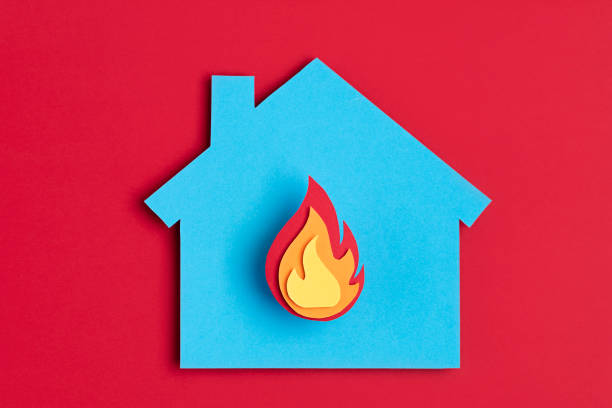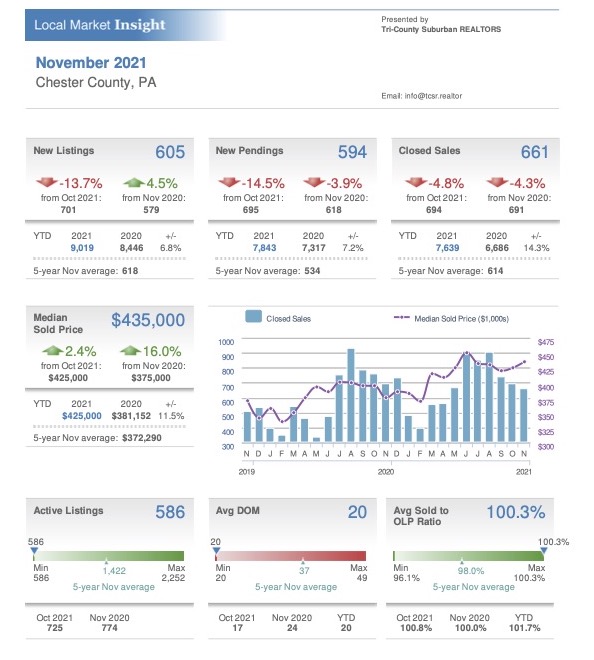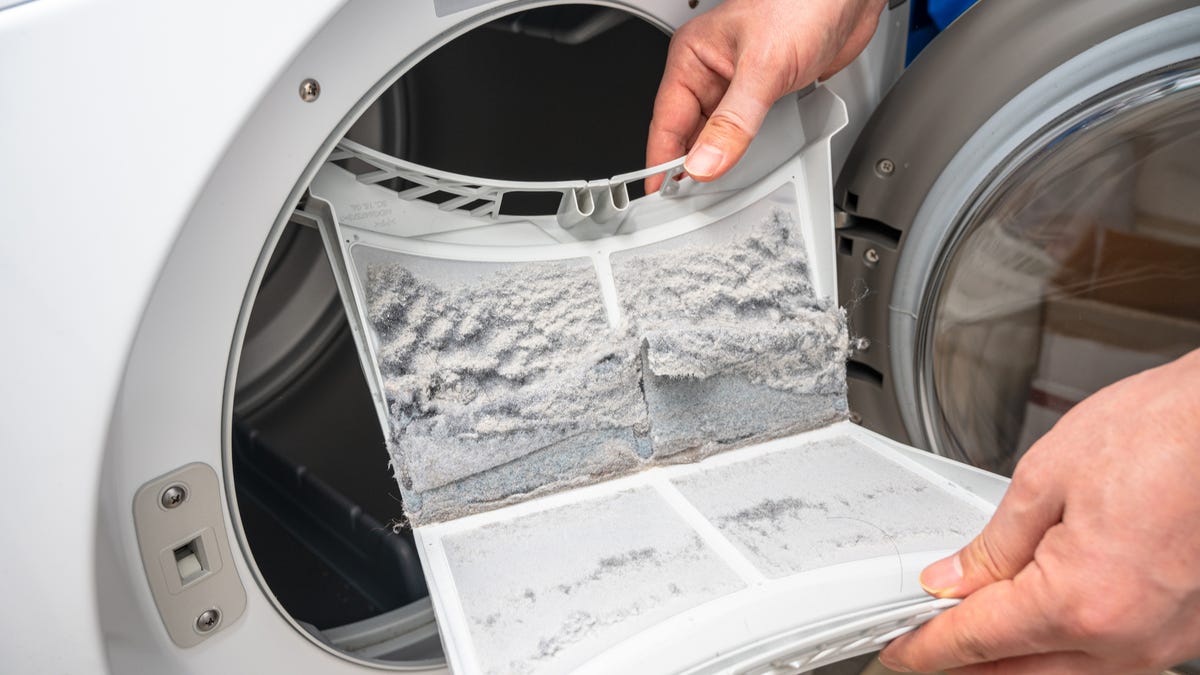A Seller's Guide to the Home Appraisal

The appraisal is one of the many steps in the buying/selling transaction. Lenders need an unbiased valuation of the home being sold, and the appraiser will look at the property. Sellers generally have at least two weeks to get ready, and because they have an important stake in the appraisal of their house, they should be well prepared:
Exterior
-
Make sure the front and back yards are neat and free of debris. Check fencing, steps, and walkways for any damaged places and make any necessary repairs.
-
As close to the appraisal appointment as possible, put down fresh mulch, colorful potted plants, and mow the grass.
-
The exterior siding should not have peeling paint, broken or missing vinyl siding, or rotting wood.
-
Make certain windows are in good working order, with no rotting sills, cracked glass, or peeling paint.
-
Decking and porches should be in safe condition.
-
From a distance, look at the roof for missing shingles or bad spots. Have any recent roof repair paperwork ready for the appraiser.
Interior
-
Flooring that is worn, soft, cracked, scratched or stained will deduct from the home’s value. Clean the carpets, and make repairs to any hardwood, tile, or linoleum. Use an enzyme odor remover where pet odors are present.
-
The appraiser will check the water pressure by turning on all faucets and will flush toilets, too.
-
Kitchen cabinets should not have sagging doors, and all should close completely.
-
If the odor of mold is present, it will be cause for further inspection. Clean the usual bathroom mold before the appraisal, but if mold is present anywhere else in the house, it is best to be straightforward with the problem and have it professionally eliminated.
Repairs that cost $500 or less are worth making, as they usually add to the appraisal value. Allow the appraiser to perform their job, answering questions along the way, and have any paperwork from previous repairs at the ready. After prepping the house for the market, it is important to maintain it during the showing process, as it will save time and money once an offer is made and the appraiser makes their assessment.
Courtesy of Chester County PA Realtor Scott Darling.
Photo credit: Old Republic Title







